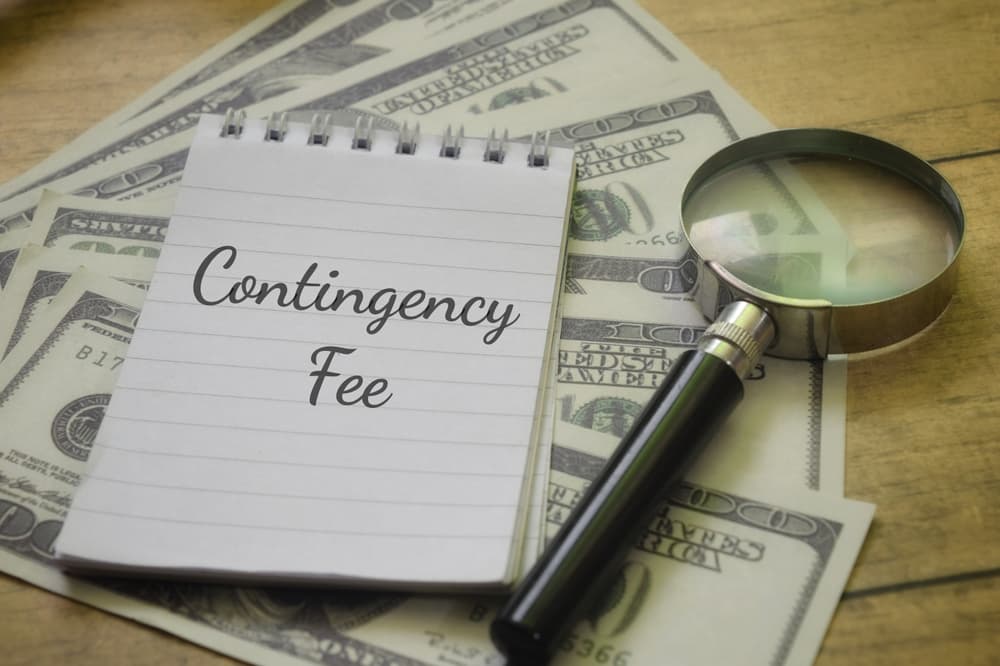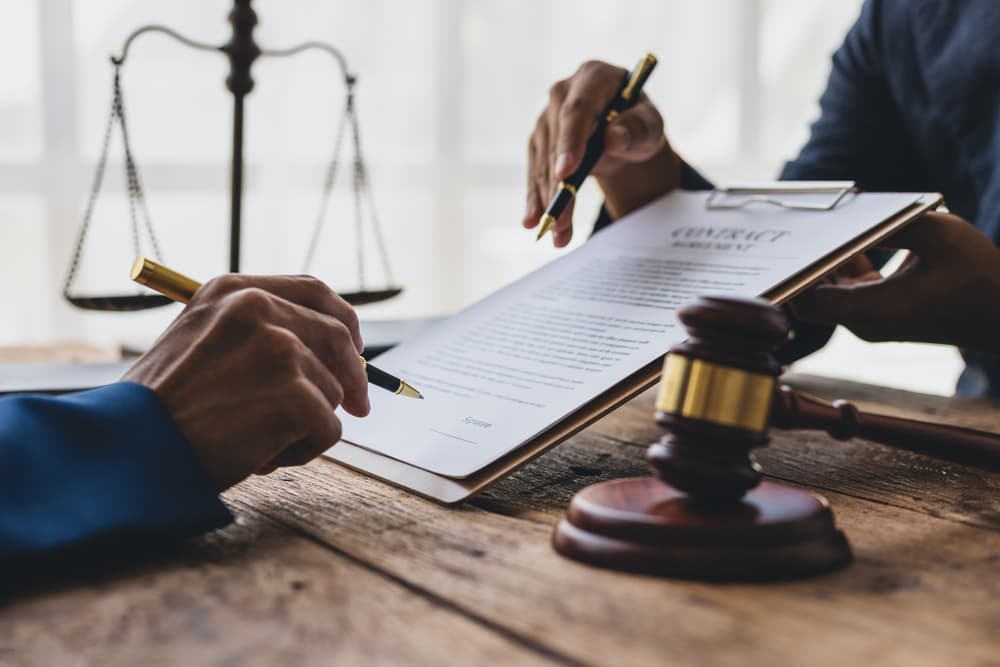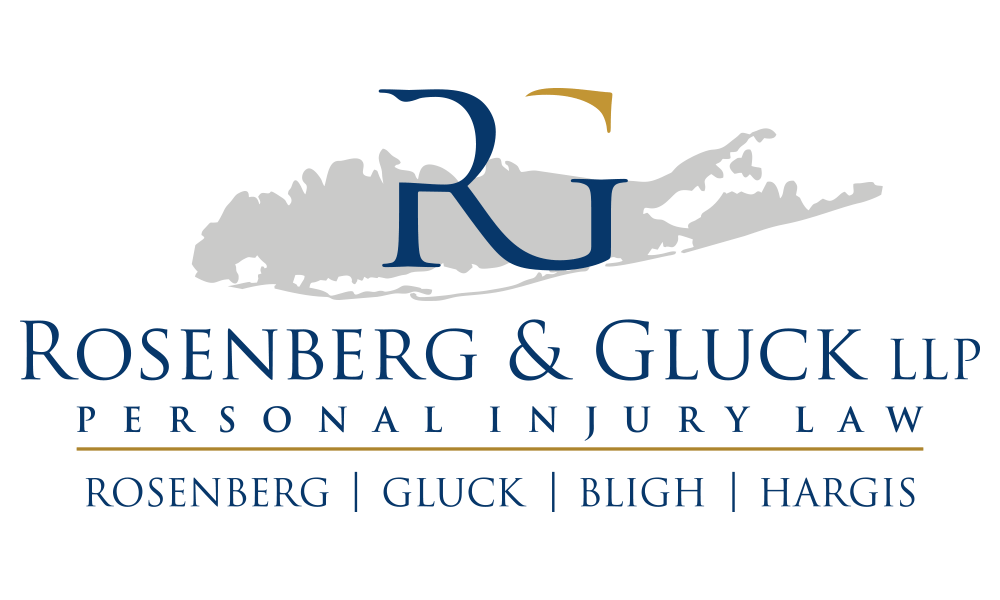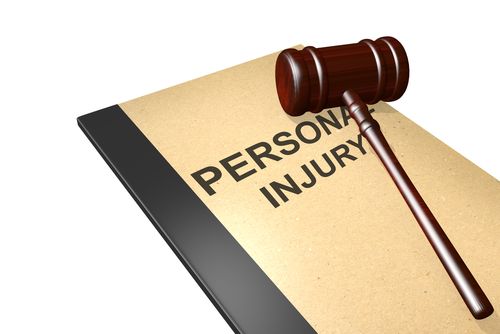After someone else’s negligence injures you, the last thing you want to worry about is the cost of legal representation.
However, understanding the financial aspects of hiring a personal injury lawyer can help you make informed decisions about your case.
The Contingency Fee Model: No Win, No Fee
The good news is that many personal injury lawyers work on a contingency fee basis. This means that you don’t pay any upfront legal costs. Instead, your lawyer’s payment is contingent upon winning your case or securing a settlement.
How Contingency Fees Work
- No Upfront Costs: You don’t pay anything to start your case.
- Percentage of Recovery: If you win, your lawyer receives a percentage of the amount recovered.
- No Win, No Fee: If your case is unsuccessful, you typically don’t owe attorney fees.
This arrangement aligns the lawyer’s interests with yours, as they only get paid if you do. It also makes legal representation accessible to those who might not otherwise be able to afford it.

The Benefits of Contingency Fees
The contingency fee model offers several advantages to clients:
- Risk-Free Legal Representation: You can pursue your case without worrying about accumulating legal bills.
- Motivation for Your Lawyer: Your attorney is incentivized to maximize your recovery as their fee increases with the settlement amount.
- Access to Justice: This model allows individuals who cannot afford hourly rates to obtain high-quality legal representation.
- Confidence in Your Case: Lawyers are selective about the cases they take on contingency, so if a lawyer agrees to represent you, it’s a good sign that your case has merit.
Factors That Influence Personal Injury Lawyer Costs
Several factors can affect the overall cost of hiring a personal injury lawyer:
1. Case Complexity
More complex cases often require more time, resources, and experience. This can influence the contingency fee percentage or may necessitate additional costs.
Factors that can make a case more complex include:
- Multiple liable parties
- Disputed liability
- Severe or long-term injuries
- Need for expert testimony
- Unique legal or medical issues
2. Stage of Resolution
Cases that settle quickly may have lower fees than those that go to trial. This reflects the additional time and resources required for trial preparation and court proceedings.
The stages of a personal injury case typically include:
- Initial investigation and claim filing
- Negotiations with insurance companies
- Filing a lawsuit
- Discovery process
- Mediation or arbitration
- Trial
- Possible appeals
3. Experience and Reputation of the Lawyer
Highly experienced lawyers with solid track records may charge higher contingency fees. However, their experience could lead to larger settlements or verdicts.
When considering a lawyer’s experience, look at:
- Years of practice in personal injury law
- Track record of successful settlements and verdicts
- Reputation among peers and in the legal community
- Specializations or certifications in relevant areas of law
4. Jurisdiction
Legal fees can vary by location due to differences in cost of living, local competition, and typical settlement or verdict amounts in the area. For example, lawyers in major metropolitan areas might charge higher fees than those in smaller cities or rural areas.
5. Case Expenses
In addition to the contingency fee, you may need to cover case-related expenses.
These may include:
- Court filing fees
- Expert witness fees
- Medical record retrieval costs
- Deposition expenses
- Postage and copying costs
- Travel expenses
- Accident reconstruction fees
- Medical expert consultations
- Private investigator fees (if necessary)
Some law firms may cover these expenses upfront and deduct them from the settlement or verdict amount. Others may require you to pay these costs as they arise. Discuss how case expenses will be handled when you first consult a lawyer.
Understanding Your Fee Agreement

Before hiring a personal injury lawyer, you’ll sign a fee agreement.
This document outlines the terms of your arrangement, including:
- The contingency fee percentage
- How case expenses will be handled
- Any potential adjustments to the fee based on case outcomes
- The lawyer’s responsibilities and your rights as a client
Always read this agreement carefully and ask questions if anything needs clarification. A reputable lawyer will explain the terms and ensure you’re comfortable with the arrangement.
Key Elements of a Fee Agreement
When reviewing your fee agreement, pay attention to these important elements:
- Contingency Fee Percentage: Confirm the exact percentage and whether it changes based on the stage of your case.
- Expenses: Understand how case expenses will be handled and whether you’re responsible for any costs if you lose your case.
- Fee Calculation: Know how the fee will be calculated – is it based on the gross or net recovery after expenses?
- Termination Clause: Understand what happens if you change lawyers or drop your case.
- Client Responsibilities: Be clear on what’s expected of you during the case.
- Communication: Know how often and in what manner you’ll receive updates about your case.
The Value of Hiring a Personal Injury Lawyer
While the cost is an important consideration, it’s equally important to consider the value a personal injury lawyer brings to your case:
1. Legal Skills
An experienced lawyer understands the law and how to build a strong case on your behalf.
This includes:
- Knowledge of relevant statutes and case law
- Understanding of legal procedures and deadlines
- Ability to anticipate and counter defense strategies
- Skill in properly valuing your claim
2. Negotiation Skills
Insurance companies often try to settle for the lowest amount possible. A skilled lawyer can negotiate effectively to ensure you receive fair compensation.
This involves:
- Understanding insurance company tactics
- Knowing when to push back and when to compromise
- Being able to articulate the strengths of your case convincingly
- Having the confidence to take a case to trial if necessary
3. Resources and Networks
Many law firms have access to resources and professional networks that can strengthen your case, such as:
- Expert witnesses (medical professionals, accident reconstruction specialists, etc.)
- Private investigators
- Advanced case management software
- Legal research tools
- Relationships with medical providers
4. Peace of Mind
Having a lawyer handle the stressful legal aspects of a personal injury claim lets you focus on your recovery.
Your attorney will:
- Handle all communication with insurance companies and opposing counsel
- Manage deadlines and paperwork
- Keep you informed about your case progress
- Provide guidance on medical treatment and documentation
Potential Costs of Not Hiring a Lawyer
It’s also worth considering the potential costs of not hiring a personal injury lawyer:
- You may settle for less than your case is worth
- You might miss important deadlines or make procedural errors that harm your case
- You could be overwhelmed by the legal process and paperwork
- You may struggle to gather and present evidence effectively
- Insurance companies may take advantage of your lack of legal knowledge
Real-Life Scenarios
Consider these scenarios where not hiring a lawyer could be costly:
- Undervaluing Your Claim: You might not account for future medical expenses or lost earning capacity, settling for far less than you need for long-term care.
- Missing the Statute of Limitations: If you’re unaware of the legal deadline for filing your claim, you could lose your right to compensation entirely.
- Admitting Fault: Without legal guidance, you might make statements to insurance adjusters that hurt your case.
- Inadequate Evidence: You may not know what evidence is needed for your case or how to obtain and preserve it properly.
- Accepting a Quick Settlement: Insurance companies often offer quick, lowball settlements, hoping you’ll accept them before understanding the full extent of your damages.
13 Questions to Ask About Costs When Hiring a Personal Injury Lawyer

When consulting a personal injury lawyer, don’t hesitate to ask questions about costs.
Here are some important ones to consider:
- What is your contingency fee percentage?
- Does this percentage change if the case goes to trial?
- How are case expenses handled? Do I need to pay these upfront?
- Are there any circumstances where I might owe you money if we don’t win?
- Can you estimate the total costs I might expect?
- How and when will I be billed for expenses?
- What happens if I want to terminate our agreement?
- Can you walk me through a sample settlement to show how the fees and costs would be deducted?
- How do you handle disputes about fees?
- Are there any costs that I would be responsible for even if we don’t win?
- How often will I receive updates about the costs associated with my case?
- Do you charge for the initial consultation?
- How do you determine whether to take a case to trial, and how does that affect the fees?
At Rosenberg & Gluck LLP, we believe in transparent and fair fee structures. Our approach includes:
- Clear communication about our contingency fee percentage from the outset
- A detailed explanation of how case expenses are handled
- A commitment to only take on cases we believe have merit
- A promise to fight for the maximum compensation you deserve
We’re always happy to discuss our fee structure and answer any questions you may have about the potential costs of your case.
When you choose Rosenberg & Gluck LLP, you’re not just hiring a lawyer; you’re partnering with a team dedicated to your success. Our commitment to you includes:
- Transparency: We’ll always be upfront about the costs and fees associated with your case.
- Accessibility: We’re available to answer your questions and address your concerns throughout the process.
- Experience: Our team brings years of experience and a track record of success to your case.
- Personalized Service: We treat each case as unique, tailoring our approach to your needs and circumstances.
Final Thoughts: Weighing the Costs and Benefits
While the cost of hiring a personal injury lawyer is an important consideration, it shouldn’t be the only factor in your decision. Consider the value a skilled lawyer brings to your case, the potential for a higher settlement, and the peace of mind that comes with professional representation.
Remember, with a contingency fee arrangement, you can access high-quality legal representation without any upfront costs. This levels the playing field, allowing you to stand up to large insurance companies and fight for the compensation you deserve.
Speak with a Personal Injury Lawyer Today

At Rosenberg & Gluck LLP, we’re committed to providing excellent legal representation while being transparent about our fees and costs.
If someone injures you, we encourage you to contact us for a free consultation. We’ll evaluate your case, explain our fee structure, and help you understand the potential costs and benefits of pursuing your claim.
Your road to recovery and fair compensation starts with understanding your options, and we’re here to guide you every step of the way.








